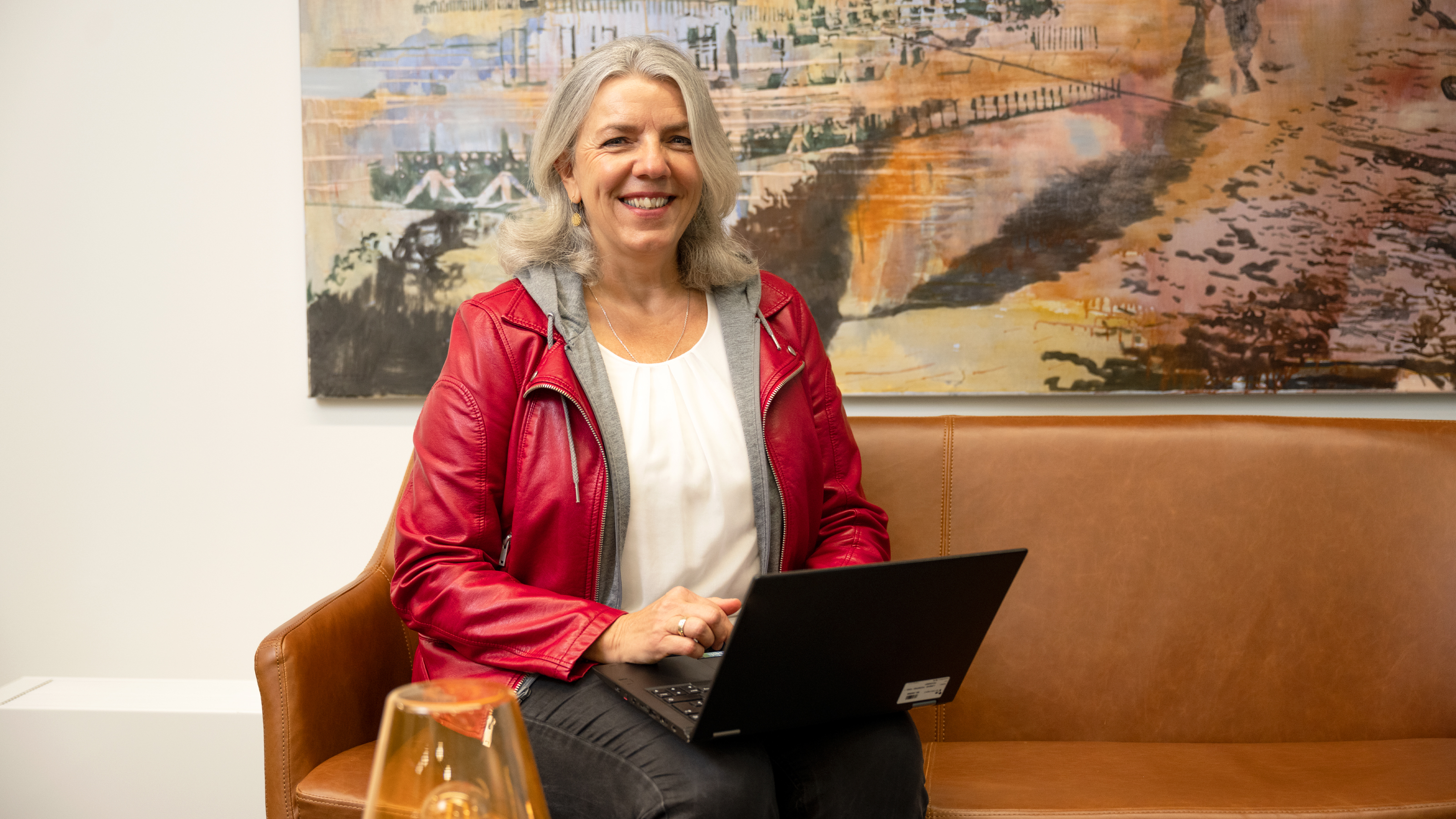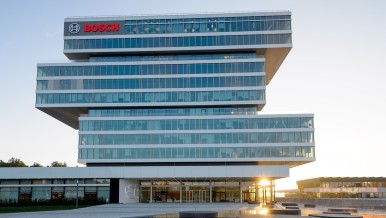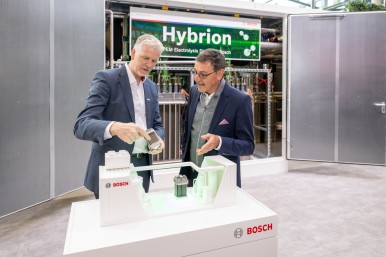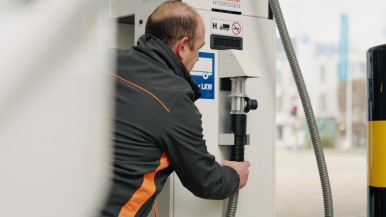What does Bosch mean by diversity, equity, and inclusion?
Kama-Welle: "In an organization, diversity means the wide variety of backgrounds, perspectives, and experiences among its associates. But for Bosch, diversity management means more than this. This diversity has to have a genuine impact. We want our associates to realize and contribute their full potential, and we believe that diversity, equity, and inclusion (DEI) will allow this to happen. Only if we work on all three elements of DEI will diversity achieve its full effect. This means two things. On the one hand, we have to create a level playing field, or equity of opportunity. On the other, we have to foster an open, trustworthy corporate culture – a culture in which everyone feels included. We want our new title to sensitize associates to these important elements. In this way, we can heighten people’s awareness of diversity at Bosch and also provide valuable impetus for new ideas and approaches that are essential for making our company more successful."
What is Bosch doing to encourage diversity, equity, and inclusion?
Kama-Welle: "Our work related to diversity has always been concerned with ways of fostering equity of opportunity and inclusion. By explicitly adding an “equity” element, we are acknowledging that each individual has different needs, experience, and possibilities. This makes it necessary to establish fair processes – when selecting people for jobs, for example. All too frequently, attempts to select the objectively right candidate are distorted by unconscious bias. That’s why, back in 2019, we developed a seminar especially for executives and HR associates that covers the whole personnel selection process. In this way, we want to ensure an unbiased personnel selection procedure.
The focus of inclusion, the third element, is on leadership and collaboration. This also involves taking measures that will make associates feel welcome and appreciated, just the way they are. One example of a toolbox for this is our psychological safety project, called “SAFEteam – enabling high-performance teams.” It helps executives and associates create an atmosphere of trust in their teams, and can encourage each individual to assume accountability. This has a direct effect on team members’ inclusion. For an executive, diversity can mean things such as accepting different ways of working within a team and bringing them all together. This can sometimes require a special effort, but one that is worthwhile. If, as a team, we manage to include everyone and make sure there is equity of opportunity, we will unleash the team’s full potential."
Why is diversity so important in times of (digital) change?
Kama-Welle: "We firmly believe that the structural and digital shift to a leading AIoT company can be achieved successfully only with an open working culture that recognizes each individual’s worth, and in which all associates can contribute their talent and differing viewpoints in the best possible way. Studies bear this out: mixed teams perform better and develop more innovations, since they have a better understanding of different markets and are able to respond to change more quickly. This is why we are developing measures and solutions that can harmonize associates’ diverse needs with business imperatives. For example, Bosch is working closely with the employee representatives on the “Smart Work” initiative. The idea behind this global framework is that our associates should decide themselves how to structure their working day, in conformity with their responsibilities and business challenges. Our focus here is on results, not physical presence. Experience has shown that efficiency increases when people work together virtually. But in-house studies have also demonstrated clearly that people currently miss proximity and interpersonal exchange that is “live and in color.” Regular feedback and space for ongoing dialogue – both between executives and associates and within teams themselves – are thus more important than ever. Active formats such as a “digital coffee break” can help create a feeling of inclusion and proximity, even when people are far apart."
In the medium to long term, what potential do diversity, equity, and inclusion have?
Kama-Welle: "Much as diversity in general has become established worldwide at Bosch, awareness of equity and inclusion has to take root in our associates’ working lives. In a rapidly changing world, and given the structural change we are experiencing, a vibrant DEI culture can be greatly reassuring. Going forward, we will continue to benefit from our associates’ ideas and experience, as well as their varied viewpoints. But we will not be able to tap into them without equity and inclusion. Our DEI work is key to our company’s long-term success, and will benefit each and every one of us. I have no doubt about that."





